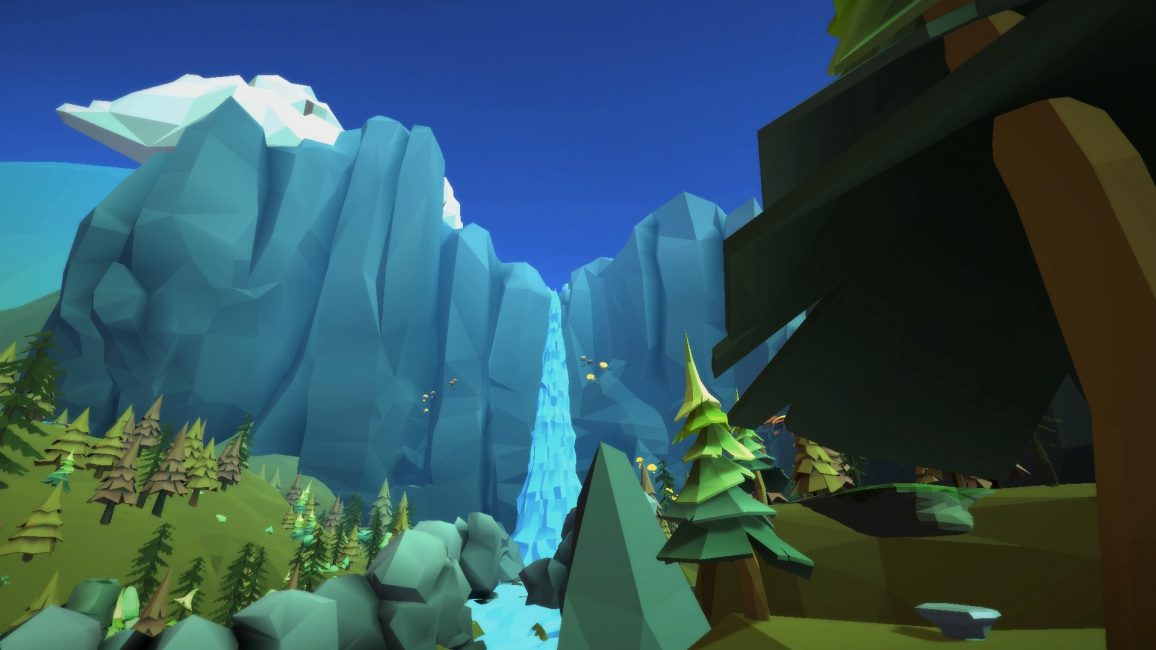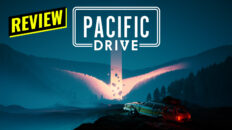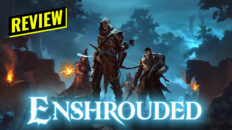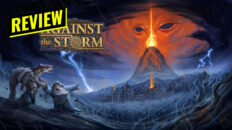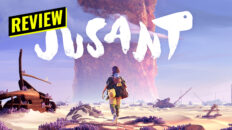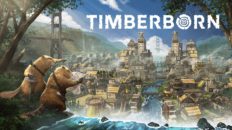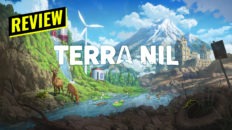Developer: Lienzo
Publisher: Lienzo
Reviewed on: Switch
Code Received.
Mulaka is a colorful, 3D action-platformer that follows the story of a shaman on a journey to save his land from an encroaching evil. The story is fairly by the numbers until you factor in the that it’s based on Native American mythology, specifically the Tarahumara of Northern Mexico. I very much enjoyed the early hours of Mulaka, but as I progressed the combat began to wear thin and repetitive. The story also stopped providing much of an incentive to push forward. Mulaka is a beautiful game that features tight combat and interesting lore, but it may be a little too long for its own good.
The opening hours of Mulaka had me captivated. I was immediately taken by the breathtaking, cohesive art style. It’s a very simple style that conveys a lot through a little. You can see great distances and this leads you to push forward and explore every nook and cranny. By exploring I quickly discovered that the game locks off collectibles and areas from you until you’ve acquired the appropriate abilities. As a fan of Metroid and similar games, this type of level design excites me and the sweeping vistas really inspire you to engage with it. The visuals are definitely Mulaka’s best feature, which each environment and enemy looking unique.
I was initially enamored by the combat. I’ve played a few indie action games that have tried to bite off a little more than they could chew when it comes to combat, so I was very happy to find that Mulaka features deliberately crafted encounters and tight controls. Each enemy has a distinct weakness and, by themselves, can be easily defeated. However, the game locks you into combat arenas and throws various enemy types at you at once much like Ōkami. Having to strategically pick off enemies in an order that makes the most sense is satisfying. As the game progresses the combat does get a little repetitive however, and even boss enemies are sometimes overused.

The other big element of Mulaka is puzzle solving. This comes in two forms: unlocking areas with special abilities you acquire or solving very simple water puzzles. You acquire new abilities by defeating bosses and freeing gods, who bestow upon you special powers. Some of these powers include flying short distances and smashing breakable walls. These not only factor into the main progression, but are also key to accessing new areas in previous levels. The other puzzles have you spinning conduits to adjust the flow of water and are incredibly easy to solve and over used. All in all the puzzles in Mulaka are little disappointing, but never too difficult, just tedious.
When I first jumped into Mulaka I was exciting about the idea of a story revolving around Native American mythology. I always like when a game teaches me something while also being entertaining. And while I enjoyed the story, I never felt like it dove as deep as it could have into its source material. Most of the lore is hidden away in the menus and attached to enemy descriptions. When it does pop up in the natural progression, it feels too much like traditional fantasy rather than a unique take on an old formula. In this respect, I lost interest in the story about half way through.

I reviewed Mulaka on the Nintendo Switch, and am happy to report that the game looks and plays great in both TV and handheld modes. The only complaint I have is that the menus and on-screen text are very small in handheld mode and can sometimes be difficult to read.
Mulaka is a game that gives a great first impression. By capturing your imagination with beautiful visuals and the promise of a personal yet educational experience, you get a set up for a great adventure. And while the combat and exploration is engaging for most of the game, it does begin to wear thin as time goes on. Combine that with the chronic reuse of puzzles and enemy encounters, and you have a game that may just be too long for its own good. It’s a shame because in a tighter package none of these things would have stood out.
On the other hand, I think Mulaka is an important game because of where it’s coming from and you should pick it up if you are interested in supporting these kinds of passion projects. Just be aware of its potential shortcomings.


